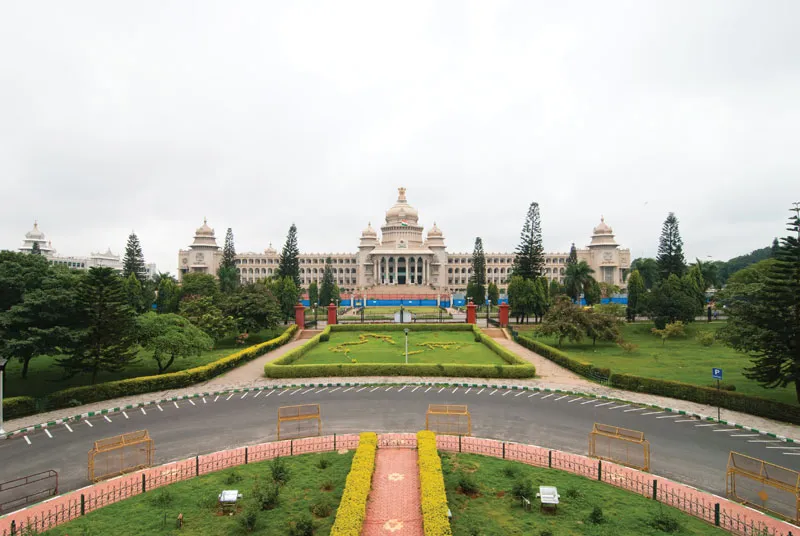Karnataka Government Scraps 50% Admission Quota for Minority Institutions: A Step Towards Inclusivity
In a significant policy change, the Karnataka government has agreed to remove the mandatory requirement for minority institutions to admit at least 50% of their students from their respective minority communities. This move is seen as a major step towards increasing inclusivity in the state’s educational institutions.
The Cabinet’s Historic Decision
On December 6, 2024, the Karnataka Cabinet officially approved the draft amendments to the Karnataka Educational Institutions (Provision and Conditions for Recognition of Minority Educational Institutions) Rules, 2024. The new regulations will allow minority-run educational institutions greater flexibility in their student admissions, particularly in higher and technical education sectors.
Under the previous framework, minority institutions were required to ensure that 50% of their student population belonged to the minority community that the institution represented. This requirement was aimed at ensuring that such institutions serve their specific minority group. However, this policy has proven to be a challenge for institutions run by smaller communities.
Challenges Faced by Minority Institutions
The mandatory 50% admission quota posed significant difficulties for educational institutions run by smaller minority communities like Christians, Jains, Sikhs, and Parsis. These communities have a limited population base in Karnataka, making it challenging for institutions to fill half of their student seats with members from their own community. As a result, many institutions found themselves at risk of losing their minority status or facing administrative and financial difficulties due to insufficient applicants from the community.
This change in policy aims to address these challenges and create a more inclusive environment where these institutions can attract a wider pool of applicants, regardless of their religious background.
What This Means for Minority Educational Institutions
The decision to remove the 50% admission requirement is expected to bring a significant shift in the landscape of higher and technical education in Karnataka. Minority institutions will now have the freedom to admit students based on merit and availability, rather than being constrained by community-based quotas.
The scrapping of the quota will also encourage greater diversity in student bodies, as institutions can now focus on offering education to a broader group of students, without having to worry about maintaining a specific community ratio. This is especially important for smaller communities, which often struggle to meet such quotas while maintaining the quality of education and diversity in their institutions.
Key Takeaways and Future Implications
This policy change is a crucial step in ensuring that Karnataka’s educational system remains adaptable and inclusive for all students, regardless of their religious or community background. By eliminating the 50% quota rule, the government has created a more equitable space for educational institutions, which can now focus on providing quality education without facing the challenge of meeting community-based admission requirements.
Additionally, this decision is expected to pave the way for better collaboration between minority institutions and the government, as the flexibility in admissions can lead to more efficient management and more innovative educational practices. This change also aligns with the larger goal of creating a more inclusive society where students from all backgrounds can receive equal opportunities for growth and development.


Leave a Reply